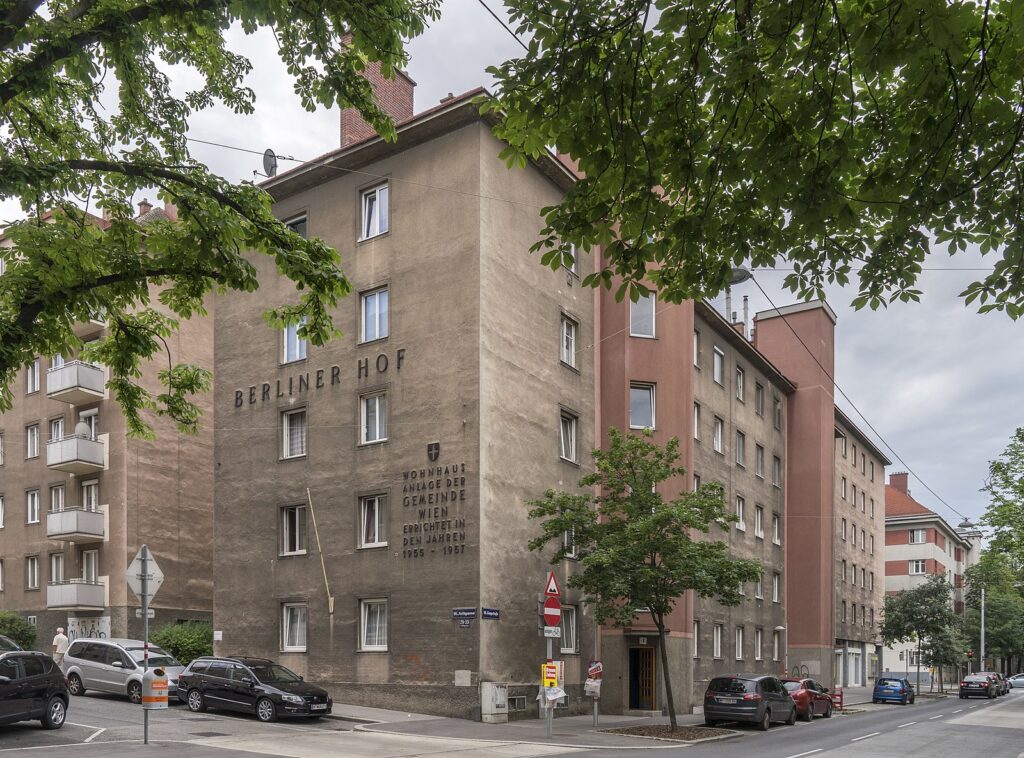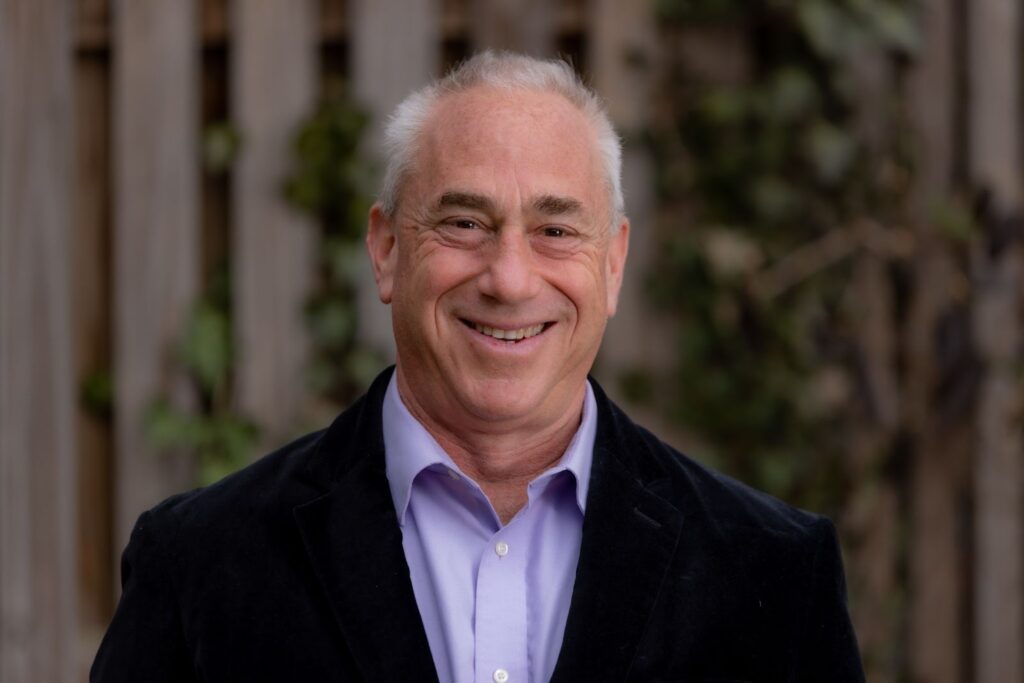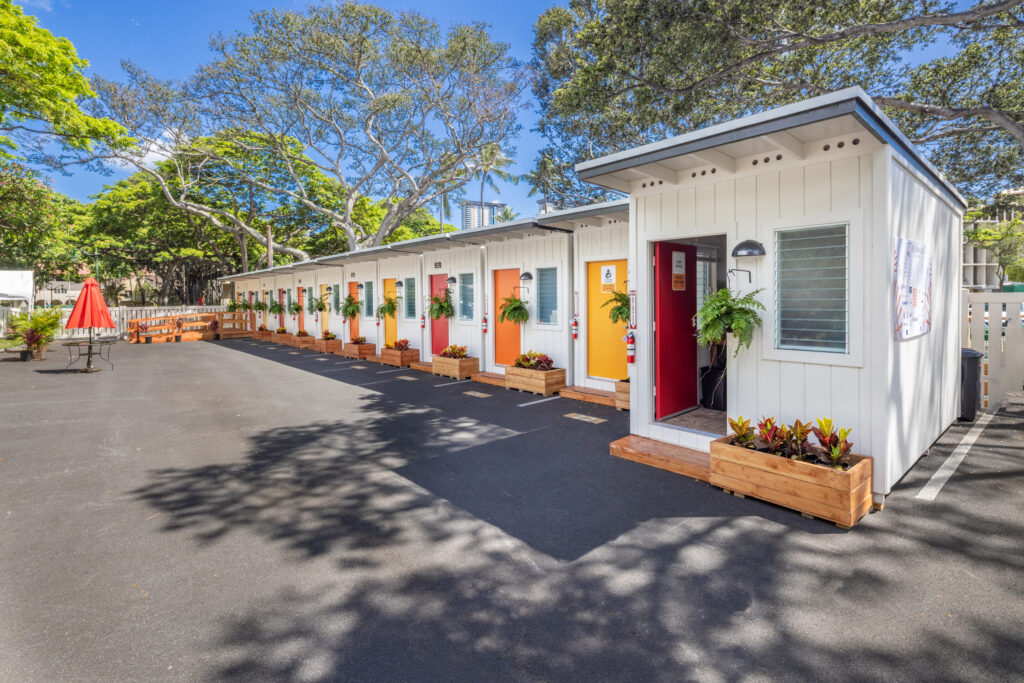McMillan Park is a 25-acre parcel of land in Ward 5 that has been unused and surrounded by a fence since 1987. Bordered by North Capitol Street, First Street Northwest, Michigan Avenue and Channing Street Northwest, the land was once part of a 92-acre reservoir and filtration plant. The site is visible to anyone passing by the large medical complex that includes Children’s National Medical Center, Medstar Washington Hospital Center and the Veterans Affairs Medical Center.
McMillan Park was one of the first racially integrated parks in the District of Columbia. Due to its proximity to their campus, McMillan Park was once popular among Howard University students.
In July 2015, Street Sense reported that the D.C. Council was supporting a plan that would let the developers radically reduce the greenery of the park and replace it with extensive commercial building. The Office of the D.C. Deputy Mayor for Planning and Economic Development (DMPED) and partner developer Vision McMillan Partners (VMP) expected to break ground in 2016 on a long disputed redevelopment plan.
A grassroots organization, Friends of McMillan Park (FOMP), opposed the development plan and sued to overturn the D. C. Zoning Commission’s decision to approve the plan. In December 2016, the Court of Appeals agreed with Friends of McMillan; the court vacated the orders of the Zoning Commission, the Deputy Mayor of Planning and Economic Development and the Vision McMillan Partners.
[Read more: Community organizers appeal McMillan Park zoning decision]
Right now, the land is still fenced off and unused. None of the parties has given up; DMPED, VMP and FOMP are still at odds. The deputy mayor’s office and Vision McMillan Paterns must renegotiate with neighborhood stakeholders. The land is still closed off to residents who could use it.
Friends of McMillan Park held a meeting on March 24 to educate the community about the decision of the Court of Appeals. FOMP’s objectives were to gain support and consider alternative plans for the park.
This group, along with similar organizations, has filed a legal appeal to the D.C. zoning board to prevent the demolition of the historic underground vaults and other features.
The park has no shortage of neighborly heroes like Jerome Peloquin. “We’re all volunteers. No one here has ever been paid,” said Peloquin, a FOMP member. “None of us has an economic stake in McMillan Park.”
Peloquin opined that “Without constant and rigorous oversight, [the developers] can get out of control.” He claimed that former Councilmember Harry Thomas Jr. wrote legislation that allowed the mayor to surplus land and sell it to developers. As Peloquin said, “the bears were fully in control of the honey production [because of Thomas’s legislation]. City Council has allowed this and it’s not illegal.”
Peloquin also claimed that the administration thinks FOMP members are radical hipsters. “They attack the public’s right to protest, our First Amendment rights,” he said.
Another FOMP member, G. Lee Aking, once a contender for the Ward 5 council seat, said, “I’ve lived in D.C for 50 years. They didn’t want all those Black people using the park [despite] it being the only [integrated] park at one time.”
Aking expressed concerns that the District is selling off its school buildings and parks.
Daniel Wolkoff, another member, discussed possibilities. “Do you provide a big park … for our kids to play in, or build the [commercial] monstrosity on Michigan Avenue? Obviously the city is making its rules as it goes along…We would have a recreation site that was beautiful if we didn’t have a government that was corrupt.”
Jason Klein, the attorney who represented FOMP at the Court of Appeals, said, “This is not what I do day to day.” Klein said that when the group argued this case, the Zoning Commission’s ruling was overturned. “It appears that many of our councilmembers are in the pockets of the developers.”
Edward Johnson said, “The more we continue the destruction of these large green spaces, we jeopardize not only our landscape, but our health. We will have more toxins being dropped on us.”
“Developers have to spend 35 percent with small business and that is not happening,” Johnson said. “The single most important economic development in America is land development. We pay income tax, sales tax, and we are not benefiting from it. When do our rights get protected? We need incentive to preserve green spaces. I want to see positive development; if we don’t continue to pressure for reasonable development, D.C. will never be the same.”
Kirby Vining told Street Sense about a meeting with Ward 5 Councilmember Kenyan McDuffie. “Councilmember McDuffie said ‘I support the proposed development,’ but refused to say more.” Vining — who moved to the neighborhood in 1986 — is concerned “We have been through four outrageous proposed development plans for the park, including a strip mall, a prison, a church headquarters and now we have this one,” he said. “Let’s look at the options available, ask what we could do, not just accept an idea that is popular for some reason with the Wilson Building folks.”








